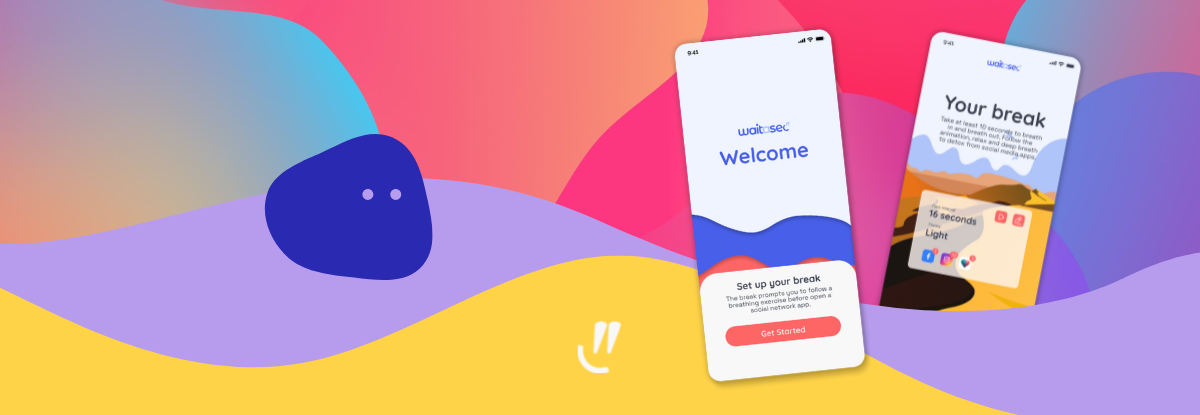

Chances are, you have fallen victim to addictive social media app designs, at some point in the past decade.
Social media addiction falls under the category of behavioral addictions5, akin to gaming and gambling addictions3. Social media addiction2 characteristics include overconsumption of social media, feeling an urgency to check and use social media, spending too much time on social media platforms such that other life areas are impacted.
The “bottomless feed”7 of most social media platforms (Instagram, Facebook, TikTok, YouTube etc) provides constant stimuli for our brains.
Each time we hear the notification bell, or likes and reactions (feedback) on our posts, we engage with these platforms, and constantly crave new information.
The reward system in our brains is triggered to release small doses of dopamine, a neurotransmitter (chemical)that associates this information with pleasure and a pleasant feeling. Creating a positive feedback loop, as we look for the next dose of dopamine1, we subconsciously reach for our smartphones.

Simply put, it is designed to be4.
Social media applications are strategically designed to capture attention and boost engagement.
Such mechanisms include social reciprocity6, in the form of ‘reactions’ to a LinkedIn promotion post, a ‘comment’ on a YouTube video, and a ‘like’ from all your friends on your Instagram vacation post.
Humans are social creatures, we need companionship. Social Media applications seem like a great way for us to stay connected 24/7, but that may not be the entire truth.
When we see our friends on social media at a house party, work event or even family vacation. We experience FOMO, the fear of missing out, and research8 tells us social media can undermine our sense of self, self-identity and self-reflection, when we interpret at times un realistic social media information as truthful, and degrade our mental health.
Riddled with AI programmed filters and photoshopped versions of our highlighted moments, social media cannot only be addictive, but destructive to our self-esteem.
Today, smartphone platforms are one of the most common faces of human-computer interaction. In 202210, an average person now spends 3+ hours per day on their smart phones and 40% of their day connected on the internet. 4.7B people of the global population uses Social Media, spending an average of 2.5 hours per day across various sites.
We spend more time on our smartphones during weekdays than weekends, checking our phones nearly 60 times per day, 52% of which occur during office hours. Picking up our phones is a sub conscious habit, as research shows that 50% of all our screen time occurs within 3 minutes of the last11.
Over 7%9 of all social media users are addicted, and the number is only growing.
We live in a day and age in which we ‘swipe’ for everything. We ‘swipe’ for love, ‘swipe’ for friendships, ‘swipe’ for recognition and sometimes a sense of belonging. Can we even break free from being so connected to our digital identities?
Here’s the good news, most of us are able to salvage these habitual social media usage (and occasional over dependence) with the help of conscious decision making.
The first step, to building new social media habits, is gaining awareness. If you are reading this, you have already made the first step.

Waitasec is a novel app that Nudges you away from infinite scrolling habits with push notifications on your social media app screen time7 equips you with techniques to recognize and reject addictive social media app designs, and build up your mindfulness practices.
Practice intentional phone use and social media platform use with Waitasec.
References